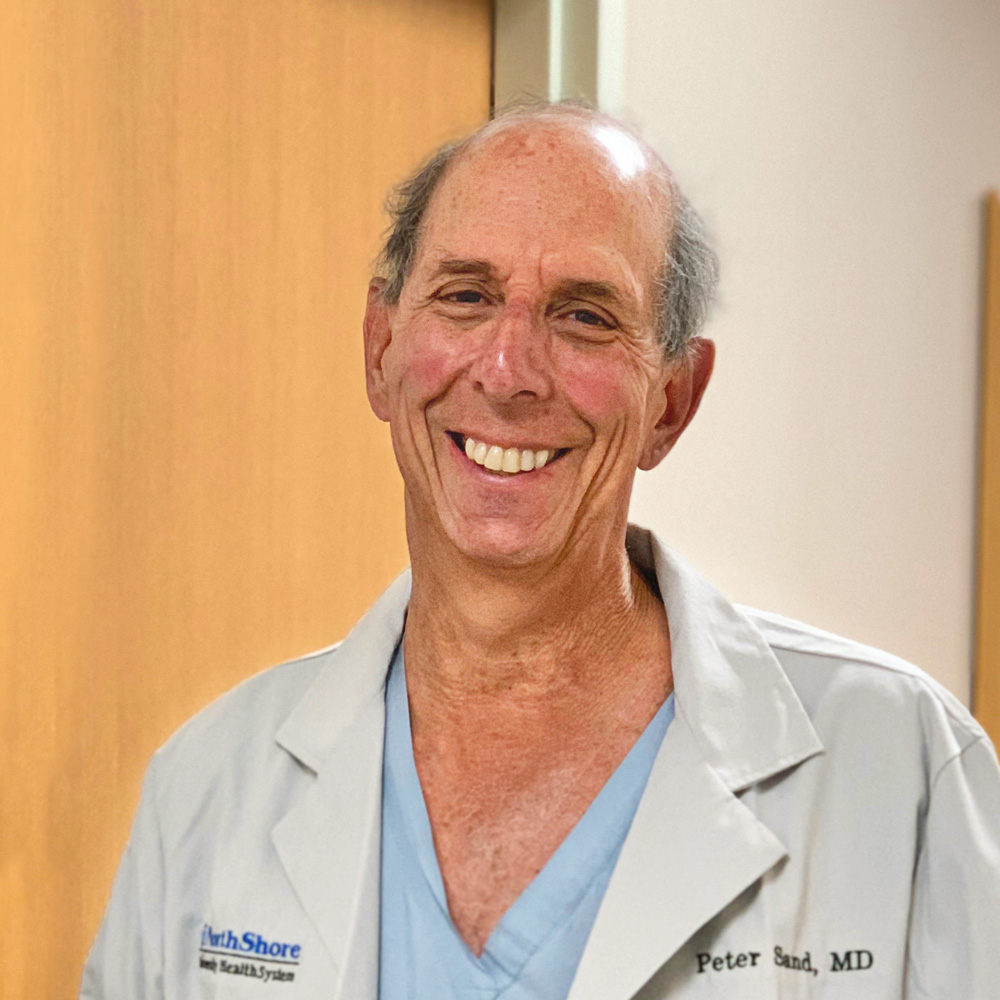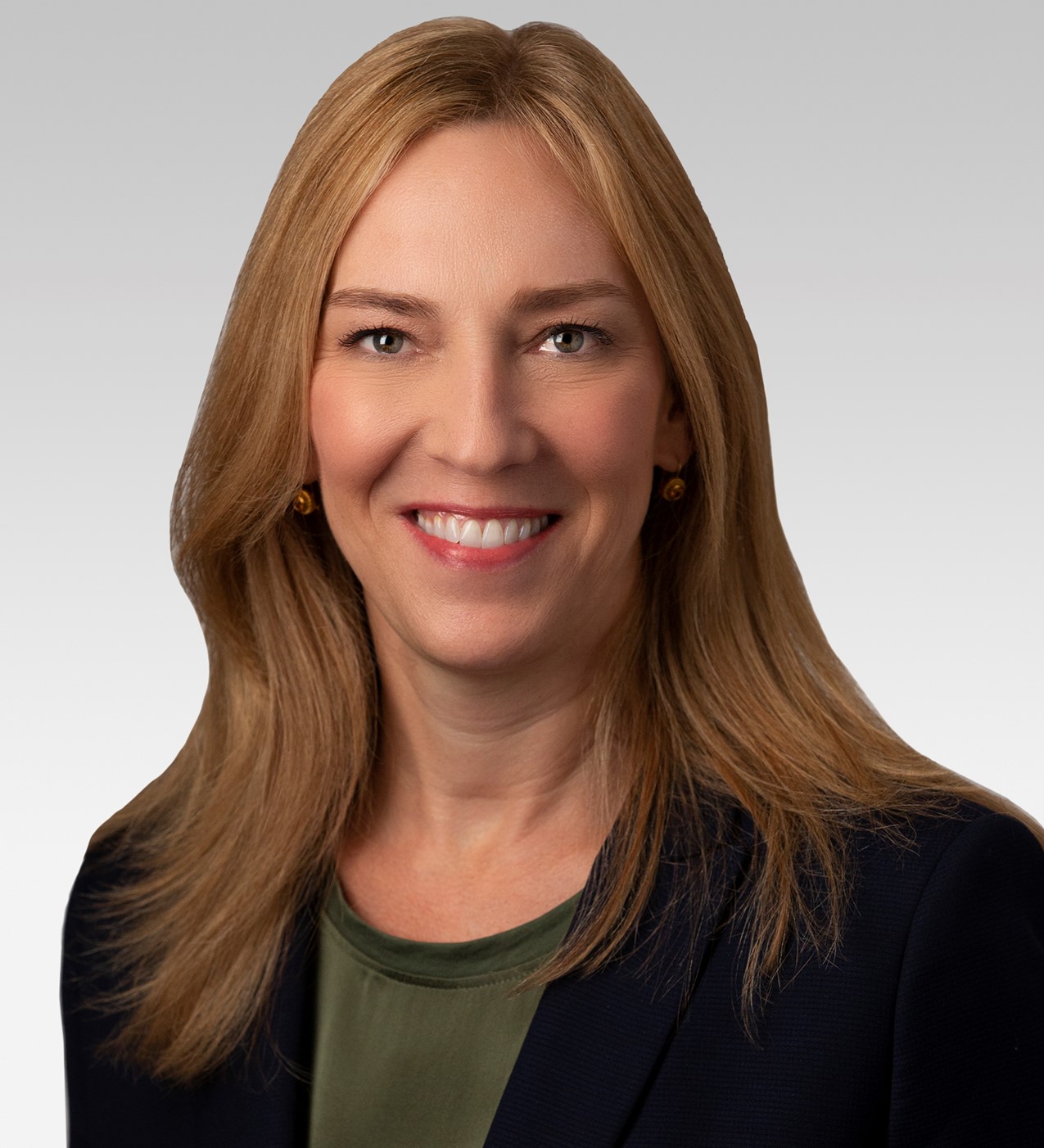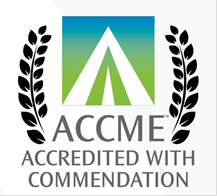
New Treatment Strategies and Considerations in OAB to Improve Patient Outcomes (Archived CME/CE Webcast)
![]()
This educational activity has expired. You will not be able to claim credit for this activity.
Activity Description and Purpose
Overactive bladder (OAB) syndrome has a negative effect on a patient’s independence, emotional wellbeing, work productivity, and overall quality of life. Although treatments are available in various forms, increasing evidence suggests that some medications that are commonly used to treat OAB pose a risk of cognitive decline, especially in older populations and in patients with a history of cognitive impairment. This educational activity is based on the proceedings of a symposium held in conjunction with the 95th Annual Meeting of the North Central Section of the American Urological Association on OAB that reviewed updates in the treatment of OAB, including clinical data on new and emerging treatments, and which highlighted some of the evidence on the increased risk of dementia associated with antimuscarinic use.
Target Audience
This educational activity is intended for urologists, urogynecologists, physician assistants, nurse practitioners, nurses, and other clinicians involved in the care of patients with overactive bladder.
Learning Objectives
After completing this activity, participants will be better able to:
- Review the data on central nervous system effects of antimuscarinic overactive bladder medications with those of β3-adrenoceptor agonists
- Review clinical trial data on new and emerging treatments for overactive bladder
- Develop appropriate treatment strategies for patients with overactive bladder
Faculty
 | Peter Sand, MD (Chair) Clinical Professor of Obstetrics and Gynecology University of Chicago, Pritzker School of Medicine Director of Urogynecology Research Division of Urogynecology Department of Obstetrics and Gynecology NorthShore University HealthSystem Chicago, Illinois |
 | Stephanie Kielb, MD Professor of Urology, Medical Education, and OB/GYN Division Chief, Reconstruction, Neurourology, and Pelvic Medicine Residency Program Director Department of Urology Northwestern University Feinberg School of Medicine Chicago, Illinois |
Disclosure Policy
MedEdicus adheres to the ACCME’s Standards for Integrity and Independence in Accredited Continuing Education. Any individuals in a position to control the content of a CME activity, including faculty, planners, reviewers, or others, are required to disclose all financial relationships with ineligible entities (commercial interests). All relevant conflicts of interest have been identified and mitigated by MedEdicus prior to the commencement of the activity.
Faculty
Stephanie Kielb, MD, has no relevant commercial relationships to disclose.
Peter Sand, MD, is a consultant for Allergan, Astellas Pharma US, Inc, EBT Medical, and Valencia Technologies Corporation; is on the speakers bureau for Allergan, Astellas Pharma US, Inc, and Urovant Sciences, Inc; and is a contracted researcher for BlueWind Medical, Medtronic, and Valencia Technologies Corporation.
Peer Reviewer
This activity was peer reviewed. The peer reviewer has no relevant financial relationships.
Planners and Managers
MedEdicus planners and managers have no relevant commercial relationships to disclose.
For Physicians:
ACCME Accreditation Statement
 MedEdicus LLC is accredited by the Accreditation Council for Continuing Medical Education to provide continuing medical education for physicians.
MedEdicus LLC is accredited by the Accreditation Council for Continuing Medical Education to provide continuing medical education for physicians.
Credit Designation Statement
MedEdicus LLC designates this enduring material for a maximum of 1.0 AMA PRA Category 1 Credit™. Physicians should claim only the credit commensurate with the extent of their participation in the activity.
For Nurses:
Interprofessional Joint Accreditation Statement
 In support of improving patient care, Amedco is jointly accredited by the ACCME, the Accreditation Council for Pharmacy Education (ACPE), and the American Nurses Credentialing Center (ANCC), to provide continuing education for the healthcare team.
In support of improving patient care, Amedco is jointly accredited by the ACCME, the Accreditation Council for Pharmacy Education (ACPE), and the American Nurses Credentialing Center (ANCC), to provide continuing education for the healthcare team.
Nursing Credit
Amedco LLC designates this activity for a maximum of 1.0 ANCC contact hour.
Disclosure of Commercial Support
This continuing medical education activity is supported through an educational grant from Urovant Sciences, Inc.
Off-Label Discussion
This educational activity may include discussion of unlabeled and/or investigational uses of drugs and devices. Please refer to the official prescribing information for each drug or device discussed in this activity for approved dosing, indications, and warnings.
Provider Contact Information
For questions about this educational activity, please contact MedEdicus LLC at [email protected].
Disclaimer
The views and opinions expressed in this educational activity are those of the faculty and do not necessarily represent the views of Amedco, MedEdicus LLC, or Urovant Sciences, Inc.
This CME/CE activity is copyrighted to MedEdicus LLC ©2022. All rights reserved. 253.6

 Facebook
Facebook X
X LinkedIn
LinkedIn Forward
Forward